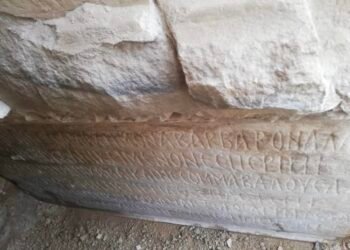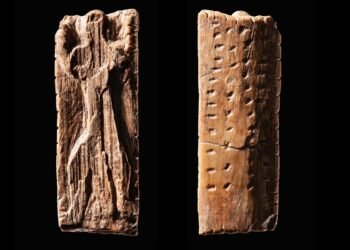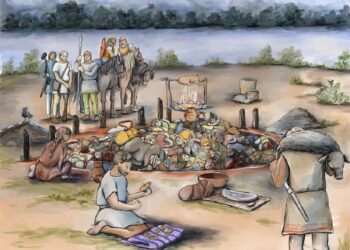A groundbreaking study published in the journal PNAS is overturning traditional wisdom regarding the origins and inevitability of wealth inequality. Based on a massive dataset of over 50,000 houses in some 1,000 archaeological sites worldwide, the study suggests that economic inequality is not an inevitable result of societal advancement, agriculture, or population. Instead, it seems to be a consequence of political choices and governance structures.
Led by Gary Feinman, the MacArthur Curator of Mesoamerican, Central American, and East Asian Anthropology at the Field Museum in Chicago, the study uses house size as a proxy for household wealth to estimate Gini coefficients—a standard measure of inequality—for societies that encompass 10,000 years of human history and six continents. The research is linked to the Global Dynamics of Inequality (GINI) project, which aims to understand the historical roots and trajectories of social disparities.
“This is an unprecedented dataset in archaeology,” Feinman said. “It allows us to empirically and systematically look at patterns of inequality over time.” The study analyzed settlements built between the end of the Pleistocene and the onset of European colonialism, across North America and Mesoamerica, Europe, and Asia. By comparing the variability in house sizes, scientists could compare the degree of inequality in each society and how it related to population size and political complexity.

Contrary to the conventional narrative—that inequality inevitably rises when societies grow larger, adopt formal leadership, or begin farming—the study found that inequality levels varied greatly across time and space. “There are a lot of things that have been presumed for centuries,” Feinman explained, “for example, that inequality rises inevitably. These ideas have been held for hundreds of years, and what we find is that it’s more complicated than that.”
The researchers found that while inequality did often increase with population growth and more hierarchical governments, this trend was far from universal. In some cases, human communities developed systems that curbed the concentration of wealth, using governance and cooperative institutions as “leveling mechanisms.” Feinman added, “The traditional thinking is that once you get larger societies with formal leaders, or once you have farming, inequality is going to go way up. But high degrees of inequality are not inevitable in large societies.”
He noted that house size is a consistent and reliable measure of wealth in ancient societies. “Almost always, the larger the house, the more elaborate the house, with special features and thicker walls,” he said.
Notably, the research debunks the myth that economic inequality is an inevitable and automatic result of technological and demographic changes. On the contrary, it demonstrates that human decisions—how wealth is shared, how government is set up, and how people decide to organize themselves—play a fundamental part in shaping social outcomes.
Feinman concluded with a forward-looking insight: “If inequality isn’t inevitable when human aggregations get larger and governmental structures get more hierarchical, then there is a suite of implications for how we view the present and how we look at the past. Although history has shown us that elements of technology and population growth can raise the potential for inequality at certain times and places, that potential is not always realized.”























